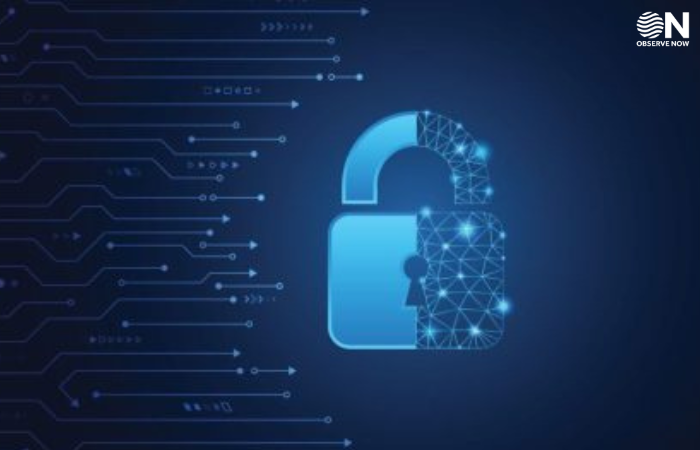Cybersecurity Emerging as a Must‑Have Skill for All Professionals in 2025

In 2025, cybersecurity is no longer confined to specialist IT roles—it’s become a foundational skill expected of professionals across industries. A recent report explains that rising digital integration and escalating cyber threats have transformed cybersecurity into an essential workplace competency, not merely a technical niche.
As cyber attacks escalate in frequency and sophistication, every employee is now seen as a frontline defender against phishing, data breaches, and unauthorized access. Organizations expect professionals to grasp basic cyber hygiene—such as recognizing malicious emails, practicing safe data handling, and adhering to privacy norms. This shift reflects a broader trend where digital fluency and risk awareness have become inseparable from job readiness.
The urgency of this transformation is underscored by global projections. Cybersecurity Ventures estimates annual cybercrime losses could reach $10.5 trillion by 2025, highlighting why basic protective knowledge is vital even outside IT departments. And studies show that nearly two-thirds of tech leaders now prioritize cybersecurity skills when hiring entry-level staff, with seventy‑nine percent of employees open to additional training.
What does this mean in practice? Key competencies now expected include risk assessment, incident response readiness, secure online behavior, and familiarity with data protection frameworks. Professionals with even introductory knowledge of secure coding, ethical hacking, or cloud security tools are in stronger demand across roles.
The demand is driven by both technical and strategic shifts. The World Economic Forum warns of a global cybersecurity talent gap nearing 4 million experts, affecting resilience across industries and reinforcing the need for broad-based workforce readiness. Meanwhile, investors and regulators increasingly view cyber resilience as a governance priority, elevating the importance of security skills throughout organizations.
Cybersecurity professionals themselves blend technical skills—such as penetration testing, network security, intrusion detection, programming (especially Python), and cloud protection—with soft skills like communication, collaboration, and critical thinking. These skills enable individuals to not only protect systems but also explain vulnerabilities and risk scenarios to non‑technical colleagues and leadership.
For the broader workforce, acquiring basic cyber awareness often starts with short training modules on phishing recognition, password hygiene, and multi-factor authentication. Many employers now introduce such modules as onboarding essentials, while professionals are encouraged to bring cyber mindfulness into areas like remote work, BYOD policies, and third-party vendor interactions.
In essence, cybersecurity is evolving from a specialized field to a cross-functional business capability. As industries digitize, every email sent, every file shared, and every cloud service used can pose risk—making cyber awareness a baseline expectation for professionals in finance, healthcare, education, manufacturing, and beyond.
With threats growing more complex and pervasive, cybersecurity literacy is no longer optional. For employers, investments in cyber training fortify company-wide resilience. For professionals, developing cyber-savviness enhances credibility, employability, and ability to contribute meaningfully in an increasingly connected digital world.
















